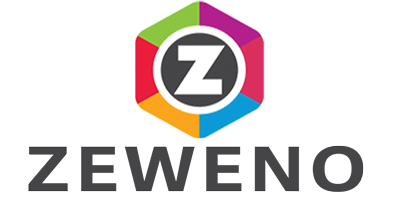Advantages And Disadvantages Of Cholesterol
Cholesterol seems to get a bad rap these days as people become more conscious of how their health can be influenced by what they eat. The reality is that there are advantages and disadvantages of cholesterol. It is a vital substance for the body but too much can cause health problems that are potentially fatal. This article will discuss some of the things that cholesterol does in the body and some of the problems that can occur if there is too much in the body.
Cholesterol is often described as a waxy substance. Approximately 80% of the cholesterol that is needed by the body is made in the liver. The rest to acquired through eating substances with cholesterol in them or by eating sugars, fats and proteins that can be converted to cholesterol. Most products with cholesterol in them are animal products like dairy goods and meat. Sugars, fats and proteins are fairly obvious. The fats to watch out for are saturated and trans fats. Processed foods often contain these types of fats, especially things like cakes, biscuits and potato chips.
Some of the advantages of cholesterol
Cholesterol is a hard substance that is used in the membranes of each cell in the body. It gives the cell strength and rigidity.
Increase vitamin D. Vitamin D is used in the immune system and can help to regulate blood pressure. If a person is in the sun, the sunlight will convert cholesterol to vitamin D.
Cholesterol acts as a transport for various antioxidant vitamins and enzymes, particularly vitamin A and E.
Skin Protection. The waxy substance acts as a protective layer against sun and wind damage. It has been found in higher than normal levels in scar tissue suggesting that it is involved in the healing process.
Disadvantages of cholesterol
Cholesterol is not soluble in the blood so it has to be transported by attaching to lipoproteins in the blood. The two important types of lipoproteins are known as low density and high density lipoproteins.
Low density lipoproteins (LDL) transport cholesterol away from the liver for use in the functions described above. However, when there is too much LDL cholesterol it tends to stick to the artery walls. This is know as thickening arteries or athersclerosis. Atherosclerosis can cause high blood pressure as the volume of the arteries is decreased. It can lead to blood clots if there are blockages in the arteries. This can lead to a stroke. Ultimately, too much cholesterol leads to heart disease.
High density lipoproteins (HDL) are responsible for transporting cholesterol back to the liver where it is excreted.
LDL cholesterol is known as bad cholesterol. HDL cholesterol is known as good cholesterol. The aim of anyone with a high cholesterol reading is to reduce LDL and increase HDL.
This can be done be modifying eating habits so that more fiber is eaten. Eat less carbohydrates and the right type of fats. Saturated and trans fats are out. Take on regular exercise to utilize excess calories consumed and to work the body.





